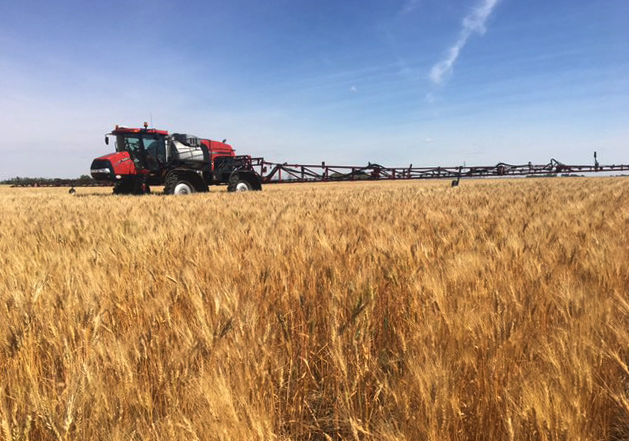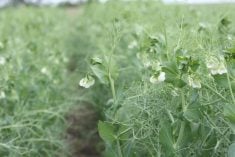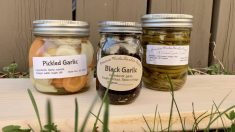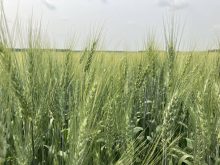The word sustainability means something different to everyone, and this is somewhat problematic.
If I were to ask an entire room of farmers if their farm is sustainable, likely every one of them would raise their hands. It seems odd, considering that no two farms are the same.
Current sustainability dialogue for grain crops is littered with far too many definitions and no reputable verification system or standardized approach. Perhaps the issue isn’t that farmers aren’t sustainable but that the conversation lacks focus and commitment.
Read Also

Europe holds promise for Canadian lentils
Pulse Canada is trying to help boost lentil consumption in Europe, which is already the fourth largest market.
So where does the pressure to be sustainable come from?
Firstly, domestic consumer preferences for traceability and sustainably produced products are increasing. Similarly, international markets are showing interest in verification systems and standardized codes of practice to verify sustainability.
For example, Canadian canola entering the European Union biofuel market must meet certain criteria for greenhouse gas emission intensity to meet emission reductions of more than 50 percent compared to fossil diesel.
A code of practice for grain production has been talked about for several years. The idea is that a voluntary code of practice would open up new markets for Canadian commodities, which was further confirmed by Cereals Canada president Cam Dahl last month at the Canadian Grains Round Table meeting in Montreal. Dahl is also chair of the Canadian Roundtable for Sustainable Crops.
The CRSC was developed in 2013 to bring together industry, customers and producers to develop a sustainability verification system. According to the CRSC, sustainability is “social responsibility, environmental sustainability and economic viability.”
The organization has developed a suite of sustainability metrics, which include indicators such as soil health, financial viability, community relations and nutrient management. Whichever method is chosen to verify sustainability must have overall practicality built into it to ensure that adoption by farmers is high.
“One of the most important parts in all of this is to never lose sight of the fact that producers are running a business,” says Don Buckingham, president of the Canadian Agri-Food Policy Institute.
CAPI recently hosted a policy dialogue in Calgary that brought together academics, industry and producers to discuss long-term sustained growth initiatives.
Buckingham is wary of what often seems to be a division between profitability and sustainability for producers and the fact that producers don’t change their minds for the sake of changing them.
“There needs to be something in it for them, whether that’s more money, money saved or time saved,” he said.
“It needs to be tangible and worthwhile for it (the verification system) to be effective.”
Buckingham said the grain sector might benefit from consulting with the beef industry while designing a grain code of practice.
“The work done by the Canadian Roundtable for Sustainable Beef is a great example of producers, government, and private industry pulling together to develop a strong verification system,” he said.
“We can see that there is a strong demand for greater transparency and verification of claims from buyers. If the demand is there, we need to have a system in place that includes benchmarks and mechanisms for measuring that.”
Buckingham emphasizes the need for a system designed by farmers and industry alike.
“Whether it’s regulation, enforcement or education, if the uptake is good, then you’ve got a great system in place, and that will happen if farmers are at the table,” he said.
“There’s a lot of record keeping and verification involved in the beef program, and that’s certainly the direction the grain sector is heading in.”
Buckingham said the most important factor in the design process is industry cohesion and collaboration while in the precompetitive market stage.
We can’t measure what we don’t know, so we’ve got to ensure that sustainability claims are verified by an identifiable compliance system with metrics in place.
As well, we need to ensure that farmers are on board with this system. The word sustainability tends to trigger contradictory reactions amongst farmers. At times it tends to be a sexy word and other times it causes eye-rolls. For too long, the word has meant “fluff,” and now is the time to verify claims.















